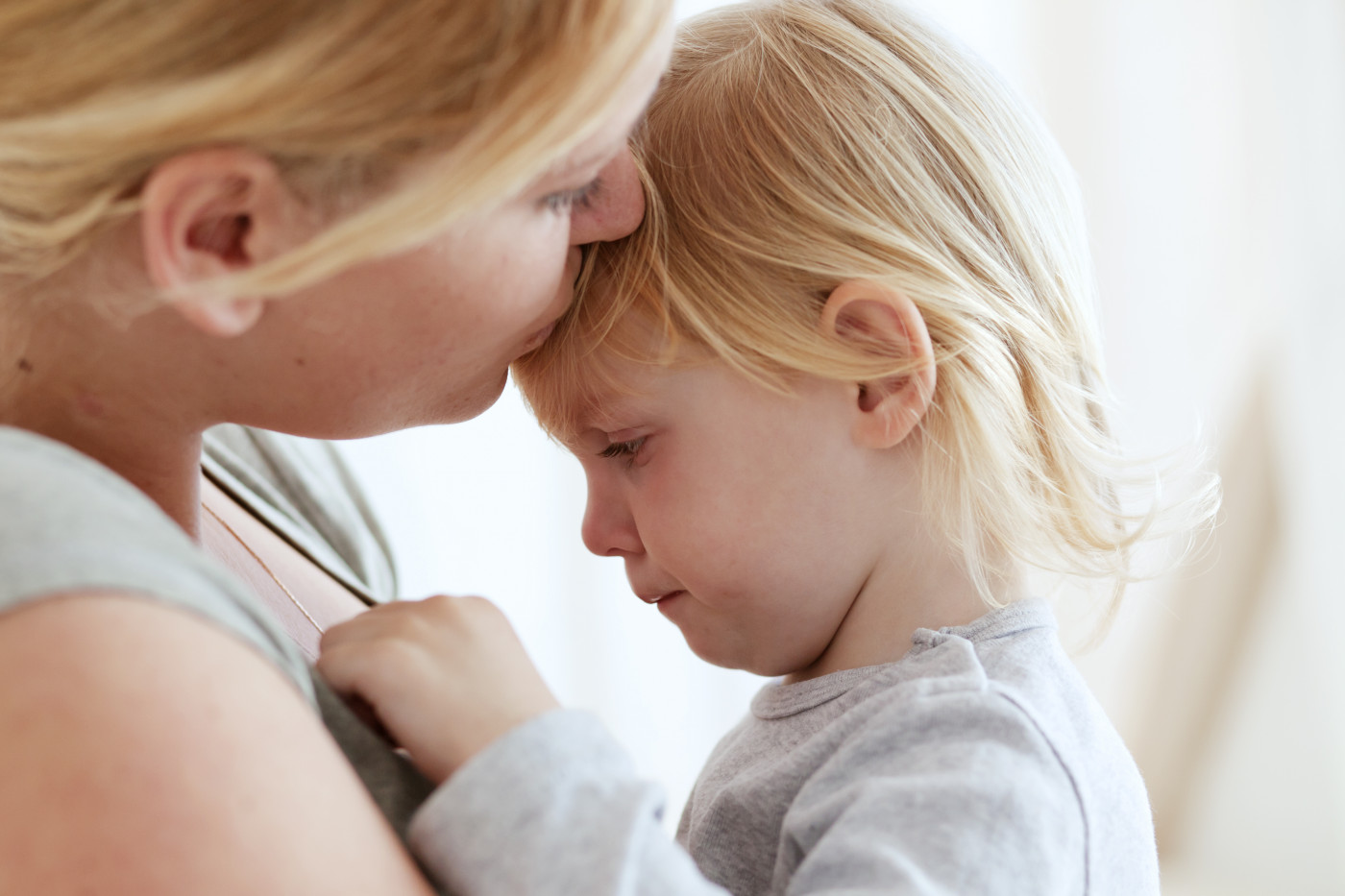COVID-19 Source of Anxiety for Women With CF Children, Survey Finds

Anxiety related to fears of COVID-19 infection was higher among mothers of children with cystic fibrosis (CF) than those of healthy children, although teenage patients themselves were less anxious than age-matched peers without CF, a survey of families in Turkey reported.
Mothers of young patients with chronic lung infections, and those of CF children at younger ages had the highest anxiety levels.
A study based on survey results, “Effect of the COVID‐19 pandemic on anxiety among children with cystic fibrosis and their mothers,” was published in the journal Pediatric Pulmonology.
Pulmonary infections that lead to respiratory failure are a leading cause of death among those with CF, placing them in a high-risk category for COVID-19, which is characterized by life-threatening respiratory symptoms.
Beyond their physical symptoms, COVID-19 and chronic conditions like CF can weigh on a person’s mental and emotional health. Studies have reported high rates of depression and anxiety among those with CF and their caregivers. High anxiety and depression levels among patients is associated with a poorer quality of life and reduced respiratory and physical health, whereas among caregivers (including parents) it is associated with poor treatment adherence.
“Parental anxiety and depression increase the risk of depression and anxiety also in the child and negatively affect the treatment compliance and health outcomes,” the researchers wrote.
To determine how anxiety related to the current COVID‐19 pandemic could affect children with CF and their caregivers, a research team at Gazi University Faculty of Medicine conducted a survey with 45 CF children and their mothers. Ninety age-matched healthy children and their mothers were also enrolled as a control group.
Participants completed surveys, via teleconference, assessing their levels of anxiety and understanding of COVID-19.
Children ages 13 to 18 and their mothers completed the State-Trait Anxiety Inventory (STAI), which measures temporary anxiety states and distinguishes them from depressive syndromes. Children ages 9 to 12 completed the STAI for Children (STAI-C); anxiety scales were not applied to younger children in the study.
At the conclusion of the teleconference, mothers were given information about the virus, proper hand sanitization and mask wearing, signs and symptoms of COVID-19, and what to do in case of illness. All information was based on advice available on the World Health Organization website.
Mothers in the survey were their children’s primary caregivers. No one taking part had COVID-19 before or during the study.
Results showed that healthy children in the 13 to 18 age group showed signs of greater anxiety related to COVID-19 than did the teenagers with CF.
Their mothers, in contrast, demonstrated higher anxiety than mothers of healthy children, and less general knowledge about COVID-19. Mothers of CF children ages 0 to 12 years, in particular, had the highest trait anxiety scores.
Caregivers of CF children showed higher anxiety toward other complications as well. Four CF patients had chronic Pseudomonas aeruginosa infection — a potentially severe bacterial infection — and their mothers reported higher anxiety than did mothers of CF patients without this chronic bacterial infection.
Although the survey could not answer why children with CF might feel less anxiety regarding COVID-19 than their healthy peers, the researchers suggested that young CF patients may be more accustomed to the constant stress of a challenging illness and have already developed coping mechanisms.
Following the survey, mothers were given information on COVID-19 to increase their understanding of the disease and how to manage one’s personal risk. Eighty-four percent of the mothers of children with CF reported feeling lesser anxious following the teleconference interview, compared with 34.4% of mothers of healthy children.
Overall, “trait anxiety for mothers of children with CF was found to be especially high for those with younger children; however, children with CF had no elevated anxiety scores compared with healthy children in the control group. It was also found that the teleconference with mothers of children with CF made them feel less anxious about the COVID‐19 pandemic,” the researchers wrote.
The team noted that CF is a lifelong illness that is difficult to manage, involving time-consuming treatment regimens, multiple medical procedures, and frequent hospital visits. The addition of a life-threatening illness like COVID-19 can complicate matters, and the responses of caregivers in this study may reflect this heightened toll.
“During this period, providing information about COVID‐19 to parents of children with CF by their own doctors may have a positive effect on families, especially those who have younger children and children with chronic Pseudomonas infection,” the team suggested.
Larger studies, with longer follow-up times are needed to effectively “guide future psychosocial screening and intervention given to children with a chronic illness and their families during a crisis like this pandemic,” the researchers added.







